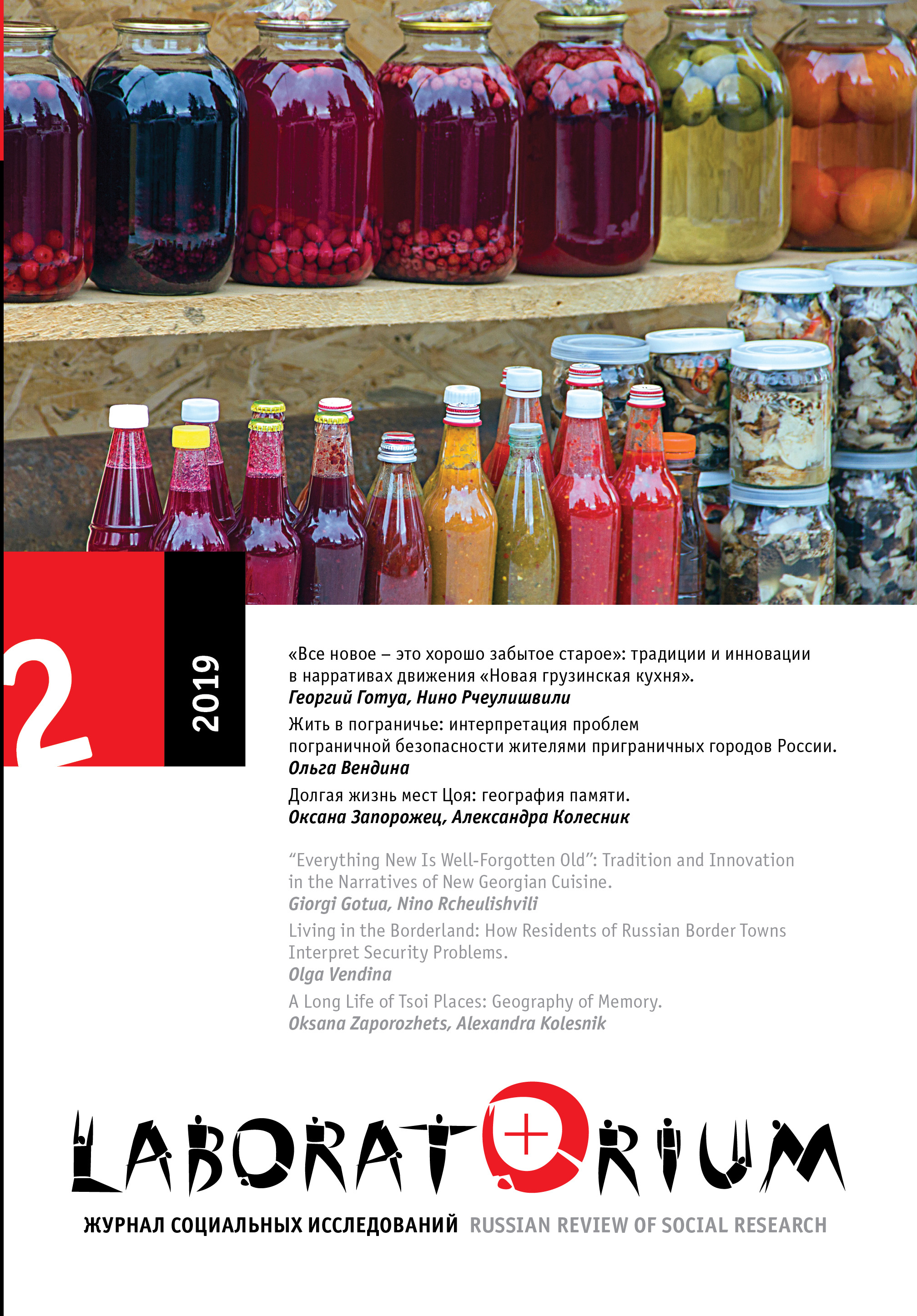"По-русски говорите": сообщение информации и обратная связь во взаимодействии врача-генетика и Пациента
“Speak Russian!”: Information Delivery and Feedback in Geneticist-Patient Interactions
Author(s): Aleksandr ShirokovSubject(s): Cultural Anthropology / Ethnology, Methodology and research technology, Health and medicine and law, Present Times (2010 - today)
Published by: Центр независимых социологических исследований (ЦНСИ)
Keywords: Ethnomethodology; Conversation Analysis; Doctor-Patient Interaction; Information Delivery; Conversational Turn-Taking; Medical Genetics;
Summary/Abstract: The article is devoted to the analysis of interactions between geneticists and patients through the perspectives of ethnomethodology and conversation analysis. The focus of the research is on how geneticists deliver medical information to their patients and how patients are involved in this process. The primary data are audio recordings and ethnographic observations of genetic counseling sessions conducted in July–December 2018. The study also uses materials from interviews with geneticists and from genetics textbooks that deal with issues of patient-provider communication. The author criticizes some features characteristic of the research on “information delivery” in a medical context. First, such studies are often one-sided: although they analyze how the patient understands information and what it means to him/her, the patient is represented as a passive recipient of information. This article, conversely, argues that the patient is also an active participant in the process of formulating information through various kinds of promptings, clarifications, and responses. Thus, communication of information is a joint achievement of doctor and patient. Secondly, when analyzing information delivery, various expressions, for example, “yes,” “aha,” “ooh,” and such, are considered signals of epistemic status change in conversation analysis. That is, it is assumed that these are signals that the recipient has received the information and understood the message. The question of which part of the message the recipient understood is hardly addressed. This article highlights a specific feature of the interaction between geneticist and patients: the difficulty of achieving mutual understanding. For the doctor, a description of the patient’s condition and his/her diagnosis is “packed” into abstract medical concepts, the explanation of which is problematic during the consultation process. Hence the difficulty of reaching an understanding, which happens either when the doctor himself/ herself begins to use everyday language or when the patient begins to ask for clarification in everyday language (although this can lead to tension). Using medical terms, the doctor gives a report, but it does not explain everything to the patient, and because of the problematic nature of the demonstration of misunderstanding, the patient has almost no way to tell the doctor about it.
Journal: Laboratorium. Журнал социальных исследований
- Issue Year: 11/2019
- Issue No: 2
- Page Range: 125-148
- Page Count: 24
- Language: Russian

